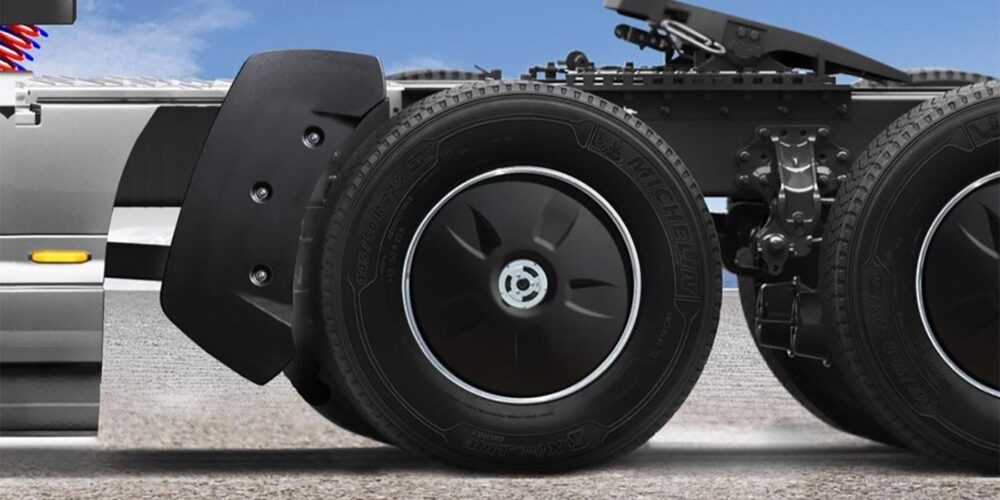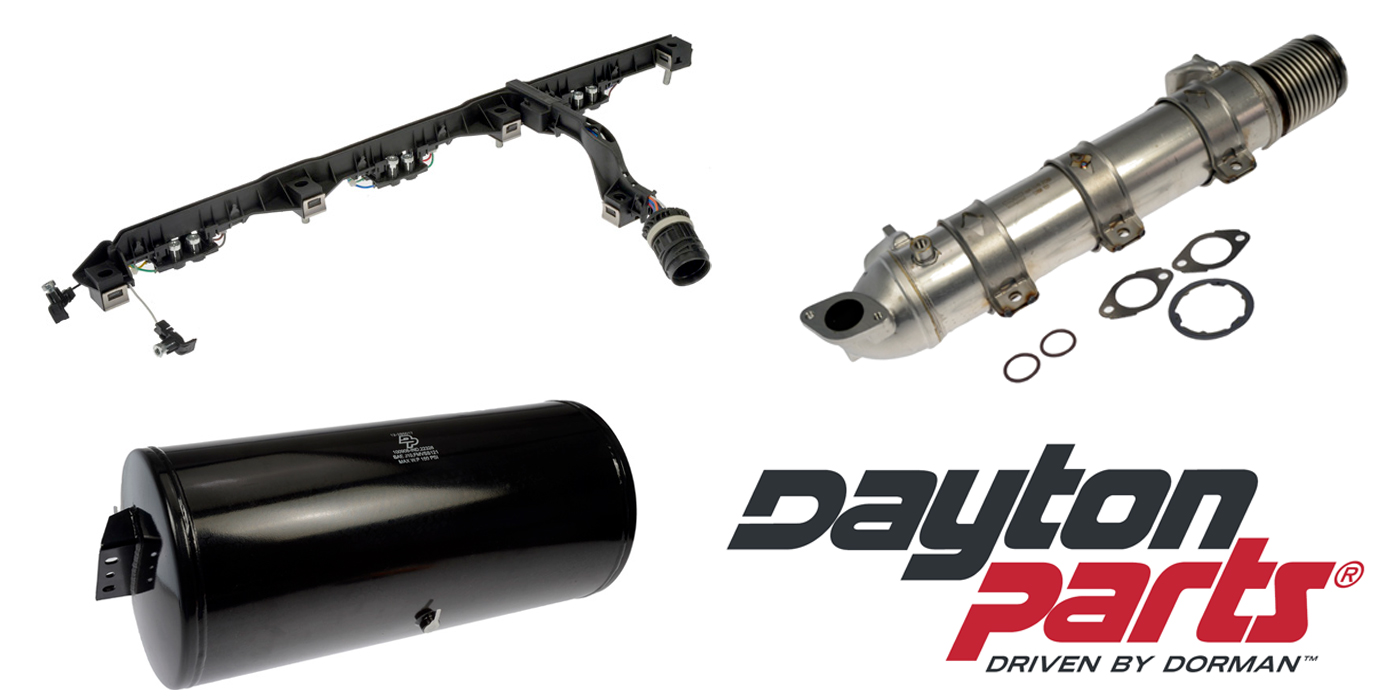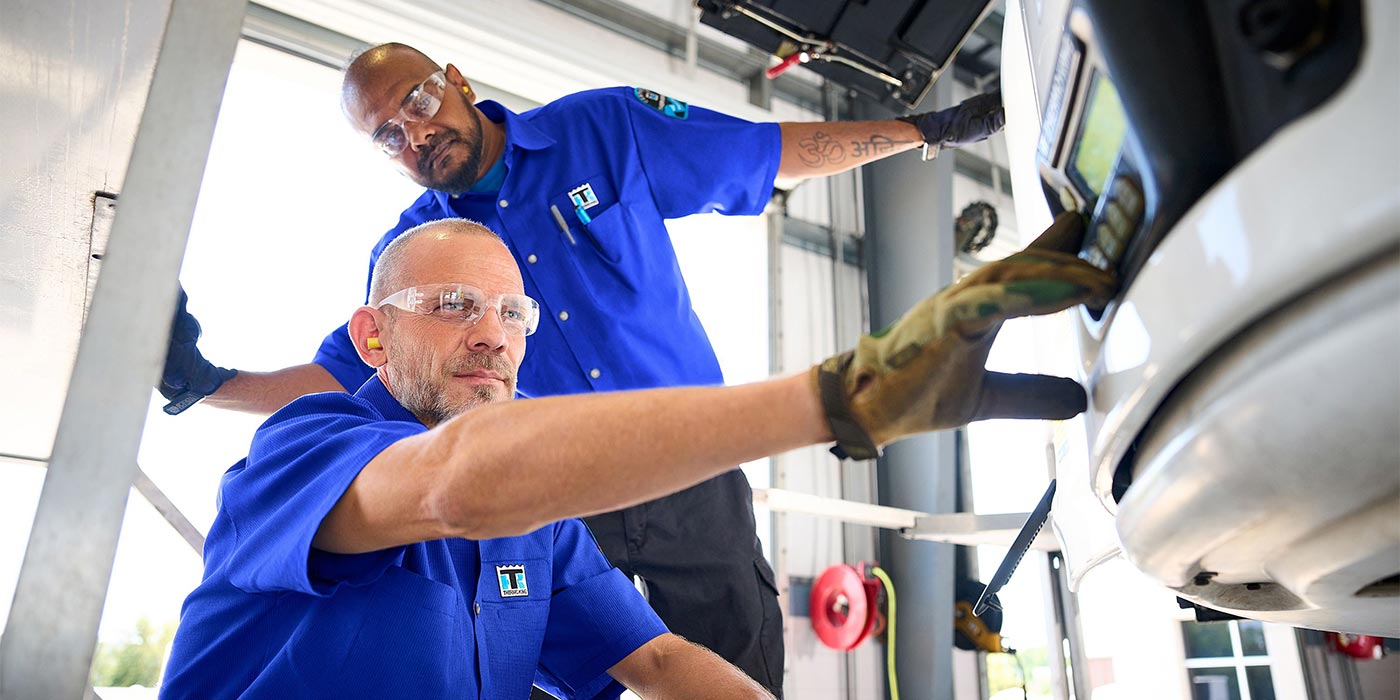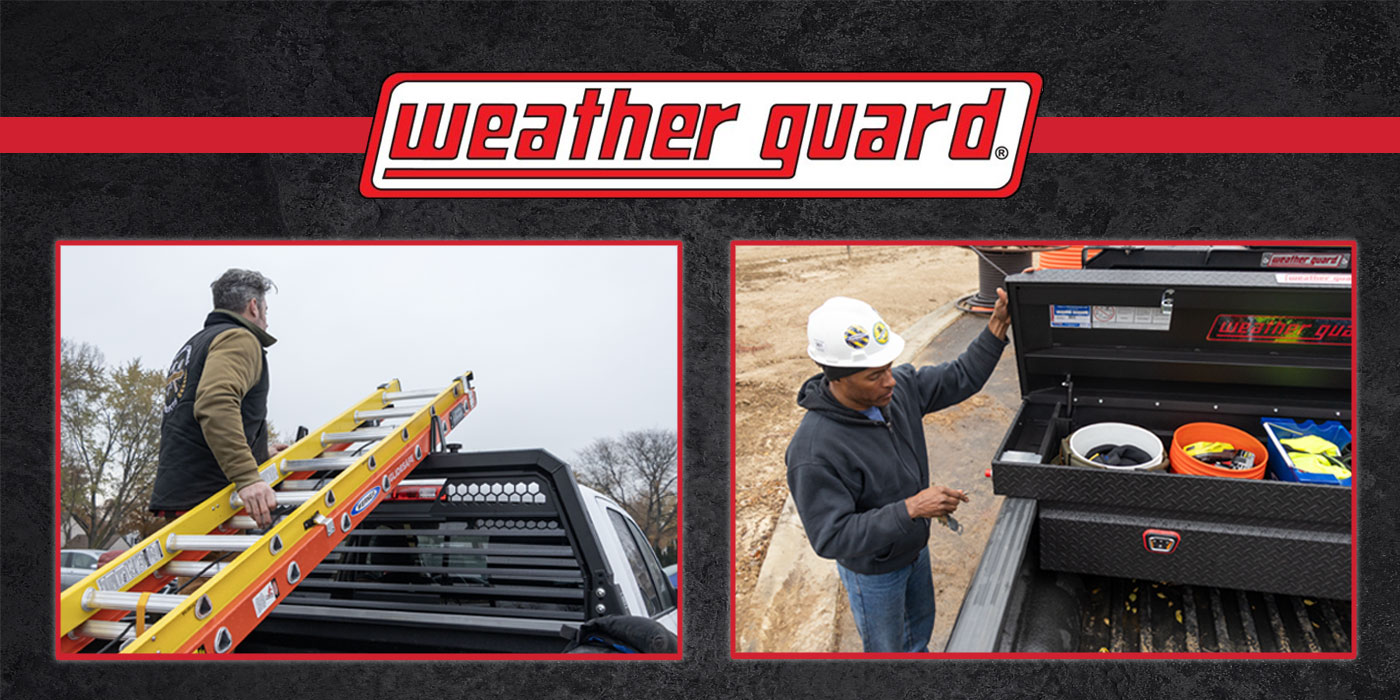The use of high-quality diesel fuel is critical for optimal equipment performance. If the proper steps are not taken, tanks can become compromised due to fluctuating temperatures and seasonal changes. To prevent microbial growth, fuel instability and wax formation that commonly blocks fuel filters and forms operational issues, it’s critical that fleet owners and operators properly maintain their diesel-fuel engines; specifically in extreme cold-weather conditions.
Detecting operability issues
Preventative maintenance is key to sustaining engine performance and decreasing downtime. To determine if engine operability is being slowly compromised, it’s essential to be mindful of potential problems. Due to the variability in how diesel fuel is refined throughout the country, diesel fuels can be different at every station. However, diesel fuels have one key commonality: wax formation. There are two measurements commonly used to measure cold temperature performance of fuel: cloud point and cold filter plugging point.
The cloud point is the first indication that wax crystals have started to form in diesel fuel as the temperature cools. If the temperature continues to drop below the cloud point, it’s an immediate indication that colder temperatures are compromising fuel quality.
When this occurs, it is critical to know the fuel’s cold filter plugging point (CFPP). The CFPP indicates the lowest temperature at which a given volume of diesel fuel passes through a standardized filtration device in a specified time when cooled under certain conditions.
When to expect wax buildup
Wax is harmless in warmer temperatures, but becomes a risk to diesel-fueled engines when the weather gets colder. When warm, waxes flow effectively through the engine. As temperatures lower, it causes this liquid to cool, crystallize and form into a gel-like consistency. This can lead to clogged fuel filters. Formulated specifically to give drivers confidence in their equipment during freezing temperatures, diesel flow improver additives will help to inhibit wax formation and modify the shape of the wax crystals, preventing them from bonding together and clogging fuel filters.
In the event of intermittent operation, such as the shutdown of vehicles over the weekend, wax can begin settling to the bottom of a vehicle tank. As the engine starts and pulls fuel from the bottom of the tank, it compromises fuel quality and clogs filters. If left untreated, your vehicle could experience a difficult start-up or not start at all, leading to stranded drivers and unwanted downtime. To further enhance cold-weather operability, the use of wax anti-settling agents (WASA) could be the best solution to reducing downtime and maintenance costs. When combined with a cold flow improver, WASAs can reduce the settling of wax crystals in vehicle tanks and prevent the settled wax from plugging filters or other fuel component systems.
The advantages of using additives properly
To prevent or reduce the impact of diesel waxes in vehicle and above ground storage tanks, it’s important that every vehicle owner and operator uses the appropriate cold-weather additive. It is critical that these additives be added to fuel at 10ºF above the cloud point as a preventative measure. However, these additives can only prevent operability issues from occurring and cannot reverse existing damage. If a case requires more attention, it’s best to use a product that can liquefy gelled fuel. An example of effectively using these additives would be if a vehicle operator is scheduled to drive from a warmer climate to a colder one. It is critical to add a flow improver additive before the temperature drops. If not, the change in temperature could immediately cause issues with vehicle operability and requires the use of an emergency cold-weather product that can dissolve gelled fuel.














